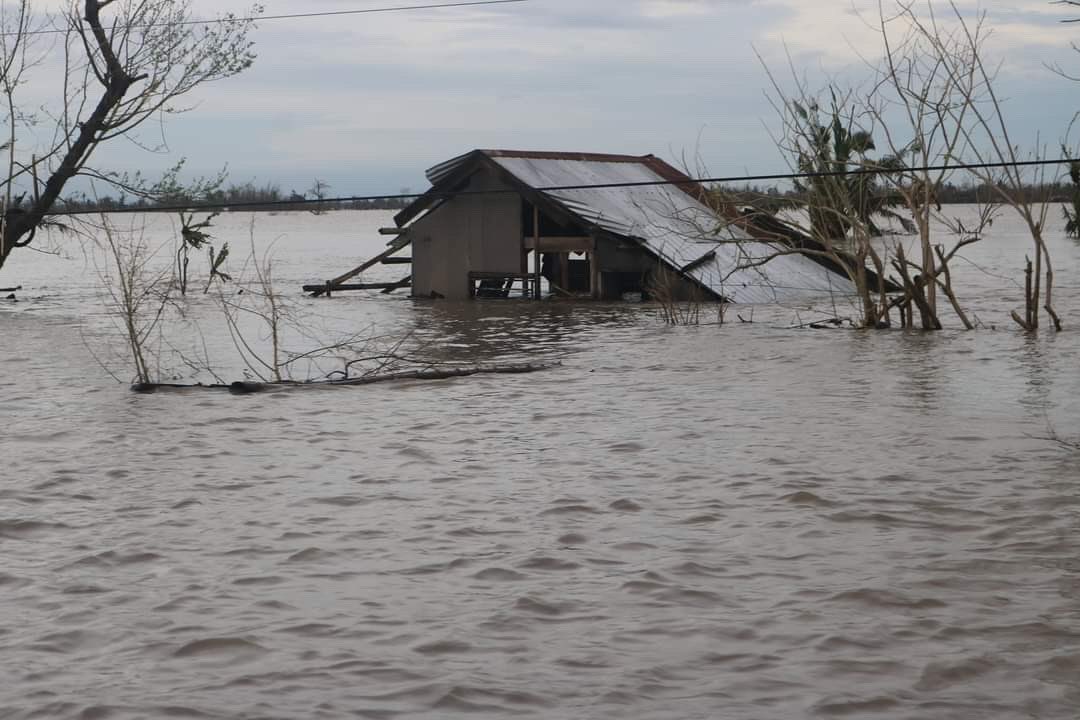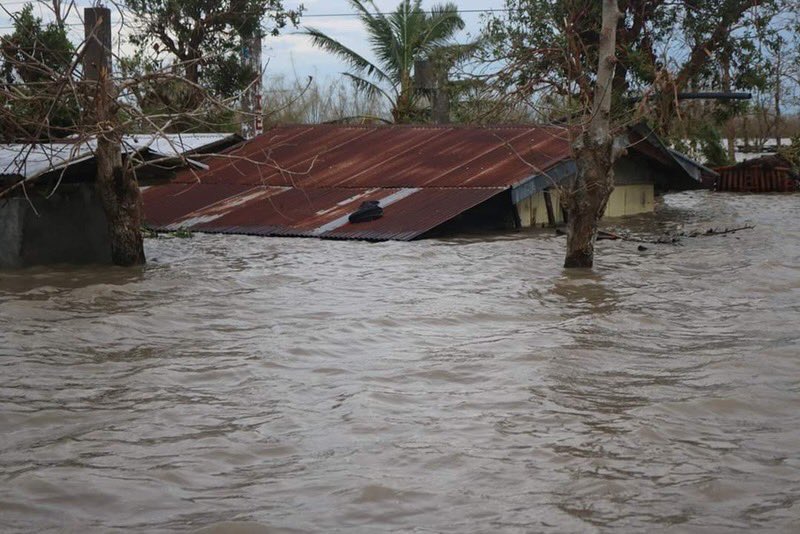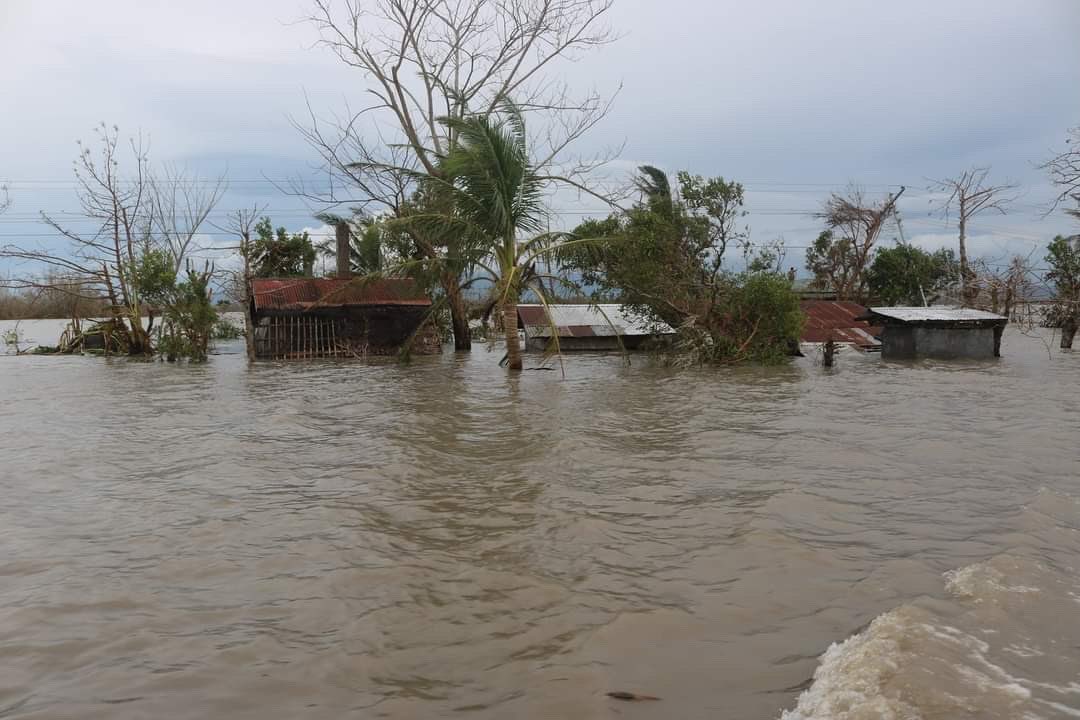There’s nothing more ironic than using the term “gaslight” when it comes to describing how individual consumers are made to feel guilty about the quick-shifting global climate.
In case you missed it, psychologists refer to “gaslighting” as a type of manipulation that has you questioning your “own reality, memory or perceptions.” This could happen anywhere, from your personal relationships to your workplace, and even the government. Recently, United States representative Alexandria Ocasio-Cortez reminded us that gaslighting happens between consumers and companies as well when it comes to talks on climate change.

It’s a given that everyone should help save the environment in their own little ways, which include making sustainable choices as consumers. We work in a supply-demand society, after all. In a Vox interview, Climate Accountability Institute co-founder and co-director Richard Heede points out that if everyone makes the right choices as a collective, our individual moves to help mitigate climate change wouldn’t be as futile as we think.
“We’re talking about seven billion people on the planet,” says Heede. But while “[the] household sector and personal consumption are big components, globally, it won’t solve the problem to the degree that we need,” he adds.
While there are things that we can personally do to stop flash floods or save our ice caps from melting, we also have to stop letting companies and other entities control the climate narrative
In fact, a 2017 study found that over 70 percent of the world’s greenhouse gas emissions since 1988 can be traced back to around 100 companies. As Harvard writes, “This contradicts the narrative pushed by fossil fuel interests that individuals’ actions alone can combat climate change, as individual actions have minute effects relative to these emissions.”

Another key point here is, perhaps, having an option and an even playing field. If consumers were given an accessible opportunity to choose renewable, would we still be heavily relying on fossil fuels for our daily necessities? If there are other options in the market that offer actual energy-efficient services, would we still patronize corporations that don’t attempt to invest in more eco-friendly ways to conduct their business?
Over the years, more companies have been disclosing their carbon emissions and set their “science-based targets” for carbon reduction. While this may be great news for sustainability, we shouldn’t rejoice just yet—because as the name suggests, it is still just a “target.” We have to see these companies actually sticking to these goals and having accountability, instead of making promises and greenwashing us.
Just “some companies taking action” wouldn’t be enough to mitigate climate change
Northeastern University professor Shalanda Baker and Environmental Defense Fund managing director Elizabeth Sturcken both tell National Public Radio that the government must also take action by setting policies, such as carbon pricing which some environmentalists lobby for. After all, just “some companies taking action” wouldn’t be enough to mitigate climate change.
“We need leadership that puts a price on carbon. We need leadership that supports sane energy policies,” says Heede.

So yes, while there are things that we can personally do to stop flash floods or save our ice caps from melting, we also have to stop letting companies and other entities control the climate narrative. We can turn off unneeded lights, stop the tap from running while brushing our teeth or pick items with recyclable packaging, but as long as bigger carbon contributors deny or minimize their responsibility in the current climate crisis with a misleading narrative on consumer responsibility, there will always be tons of work to do.
Header photo from Camarines Sur Rep. LRay Villafuerte
Get more stories like this by subscribing to our weekly newsletter here.
Read more:
A friendly reminder to stop doing these during times of calamity
Climate change is directly sabotaging efforts to end poverty, says UN report
Climate change could lead to “solastalgia,” the distress caused by the loss of home
Writer: YANN MAGCAMIT




